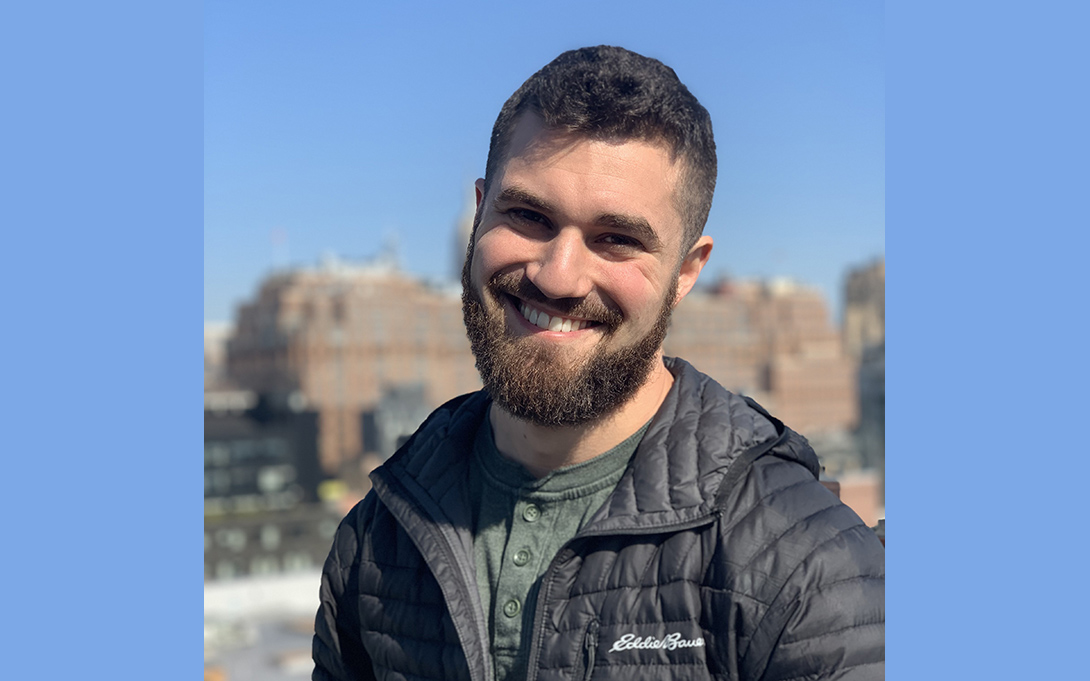
Aaron Kurz, Earth and Environmental Sciences Ph.D. and STPP Certificate '21, is an energy and environmental consultant.
Finding a job out of graduate studies is not an easy task. I spent almost 6 months over which I applied to 40+ positions, the majority of which I never heard from. I found the process of applying to the California Council on Science and Technology (CCST) Science and Technology Fellowship to be one of the easier processes I experienced during my job search. There are several resources on the CCST website that include links to previous fellow panels describing their personal experiences and the characteristics they are looking for fellows to highlight during the application process.
The application includes a statement of purpose document, similar to the AAAS fellowship. In this document, I suggest highlighting experience in science policy (so the STPP Program!) and express your interest in the program and how you will fit in/contribute to the goals of CCST (great place to highlight those characteristics CCST is looking for). After filling out the application, if you are selected, there will be a short, 15 minute interview with the Fellow Program Manager. I found those 15 minutes to fly by, so make sure you are prepared and have short, specific items you want to highlight in a short time. This year, we were asked to prepare a short elevator speech describing our research. I was also asked why I wanted to be a CCST Fellow.
The next, and final step in the application process was a final interview with a panel of 8 interviewers. We were given the list of interviewers in advance of the interview. I recommend researching each individual on the panel to have an idea of who will be asking questions. There was an STPP grad on my panel, which created a natural connection that I used during my interview. Additionally, prior to the interview we were asked to write a short memo on a piece of California legislation. You will all be more than ready for this from your training in the STPP program and this is a great opportunity to highlight your experience in science policy writing. The panel will also likely ask follow up questions regarding the written memo. I found some questions during the interview to be standard including describing my research, what type of office would I like to work in/what policy subject I would like to work on. I was, however, not necessarily prepared to be asked about the policy debates surrounding my specific research. I felt this was a great opportunity to succinctly describe a policy debate and make recommendations based on my expertise. Finally, after the interview, I recommend writing individualized thank you notes to all interviewers within 24 hours. To help make these personalized, take notes during the interview to reference back to while writing the thank you notes. This shows that you were actively engaged in the interview and can go a long way! Overall, I found the CCST application process to be well executed by the CCST team. Their communication was clear and on-time and all of the CCST employees were clearly passionate about their work and committed to finding the right candidates for the program.
As I wrap up, I’ll just give some general job search advice. If you are interested in applying to science policy jobs, start talking to Shobita and Molly early on. They are invaluable resources and happy to help! Finally, many of you may have heard it is very important to network and to start this early. I can’t stress this last point enough. You never know who may know of a job opening, have a connection with a hiring officer, or be hiring for a position themselves. It is also key when a hiring officer gets a recommendation from someone they trust. Patience and perseverance will serve you well in this process.
